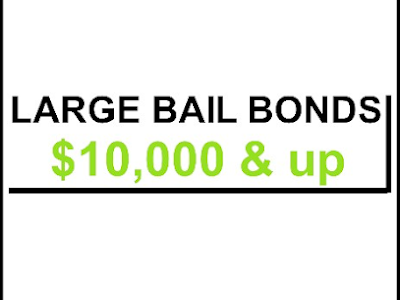What is Bail?
Bail is the amount of money required by a judge or magistrate to obtain a defendant’s release from jail. When bail is posted, it acts as a financial guarantee for the defendant’s appearance to each of their hearings. The defendant is also required to abide by specific Conditions of Release. Common Conditions of Release include some or all of the following:
- Must attend all of their hearings
- Not allowed to leave the State
- Can’t come in contact with the victim
- Not permitted to drink alcohol or use drugs without a prescription
- Must submit to periodic drug testing
- Not allowed to possess a weapon
A violation of the defendant’s Conditions of Release can lead to their reincarceration and or forfeiture of bail.
Bail can be posted as cash at the court or at the jail. Alternatively, you may use a bail bondsman to post a bond with the court; this is called a bail bond, also known as a surety bond, or paper bond.
Bail is returned when the court believes it no longer needs a financial guarantee. Typically the exoneration of bail occurs upon sentencing. Bail is returned to the person who posted it.
Please call the original













